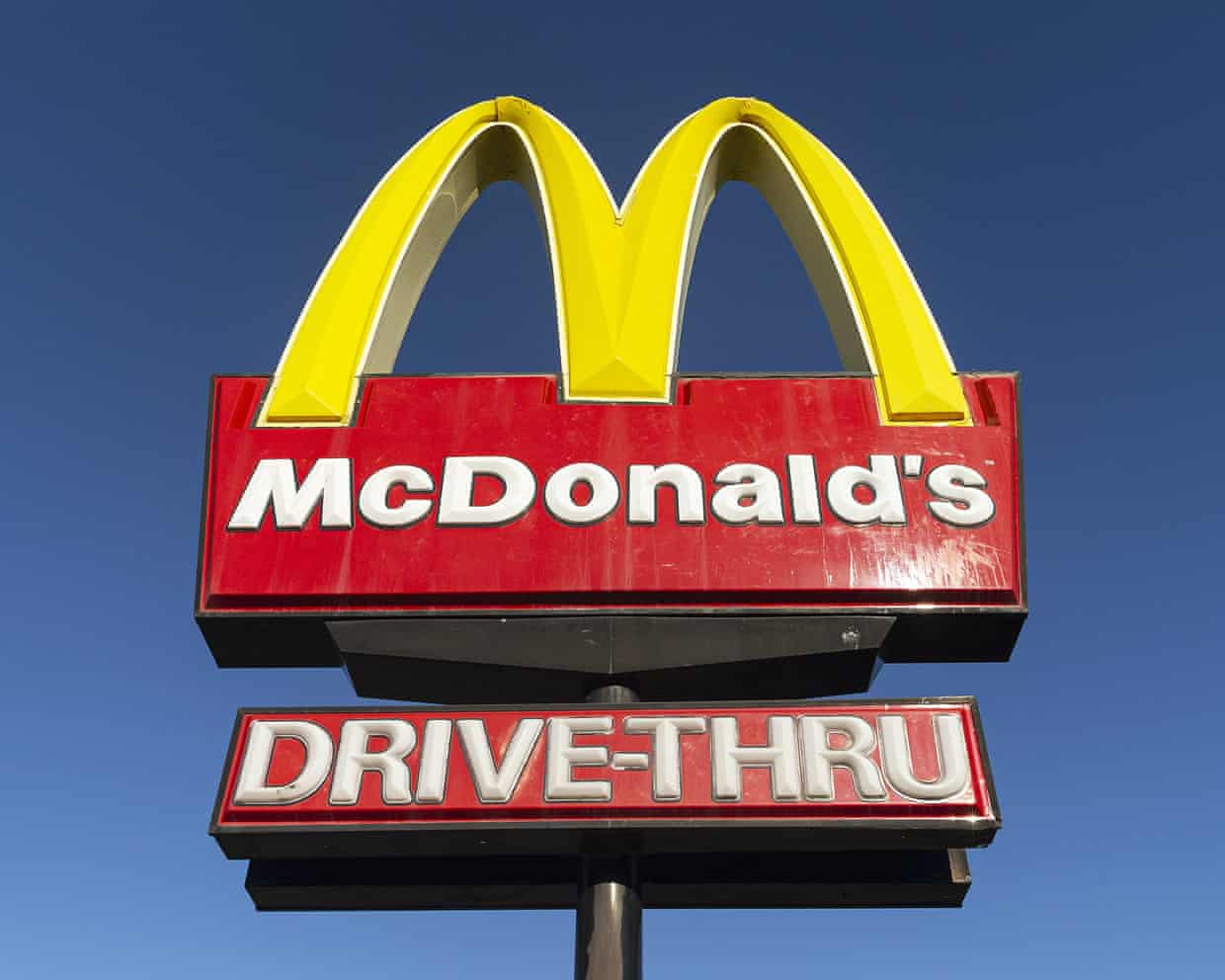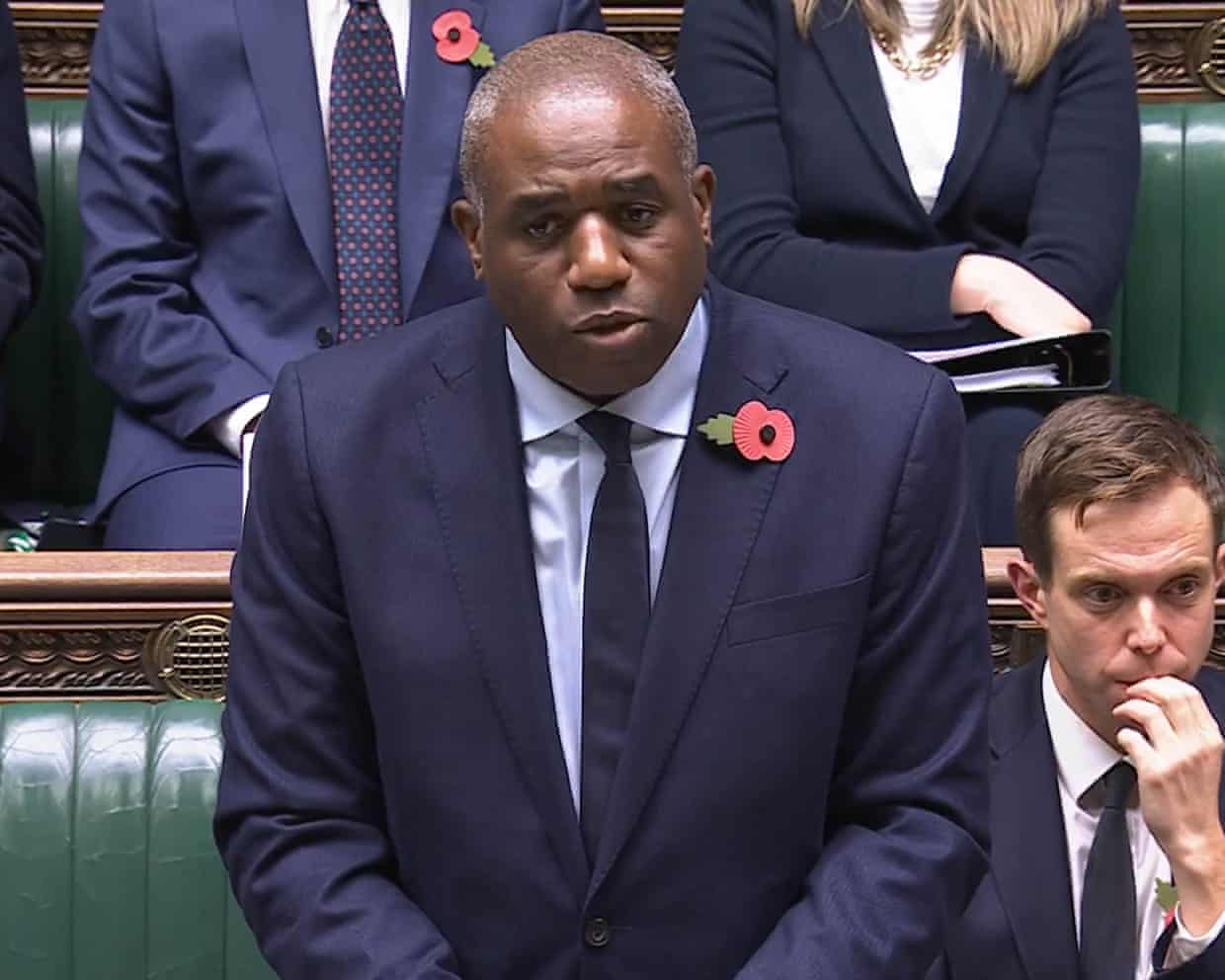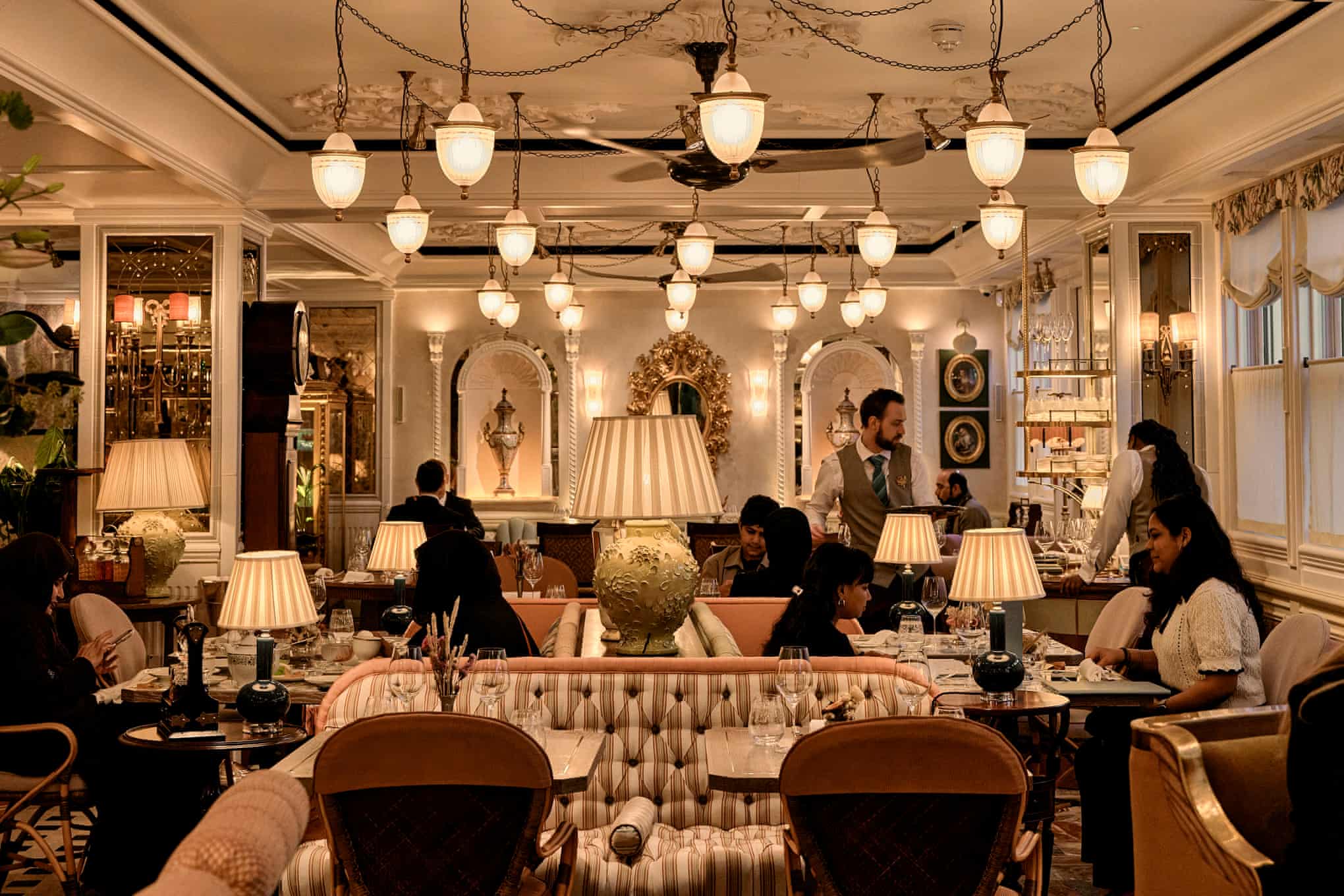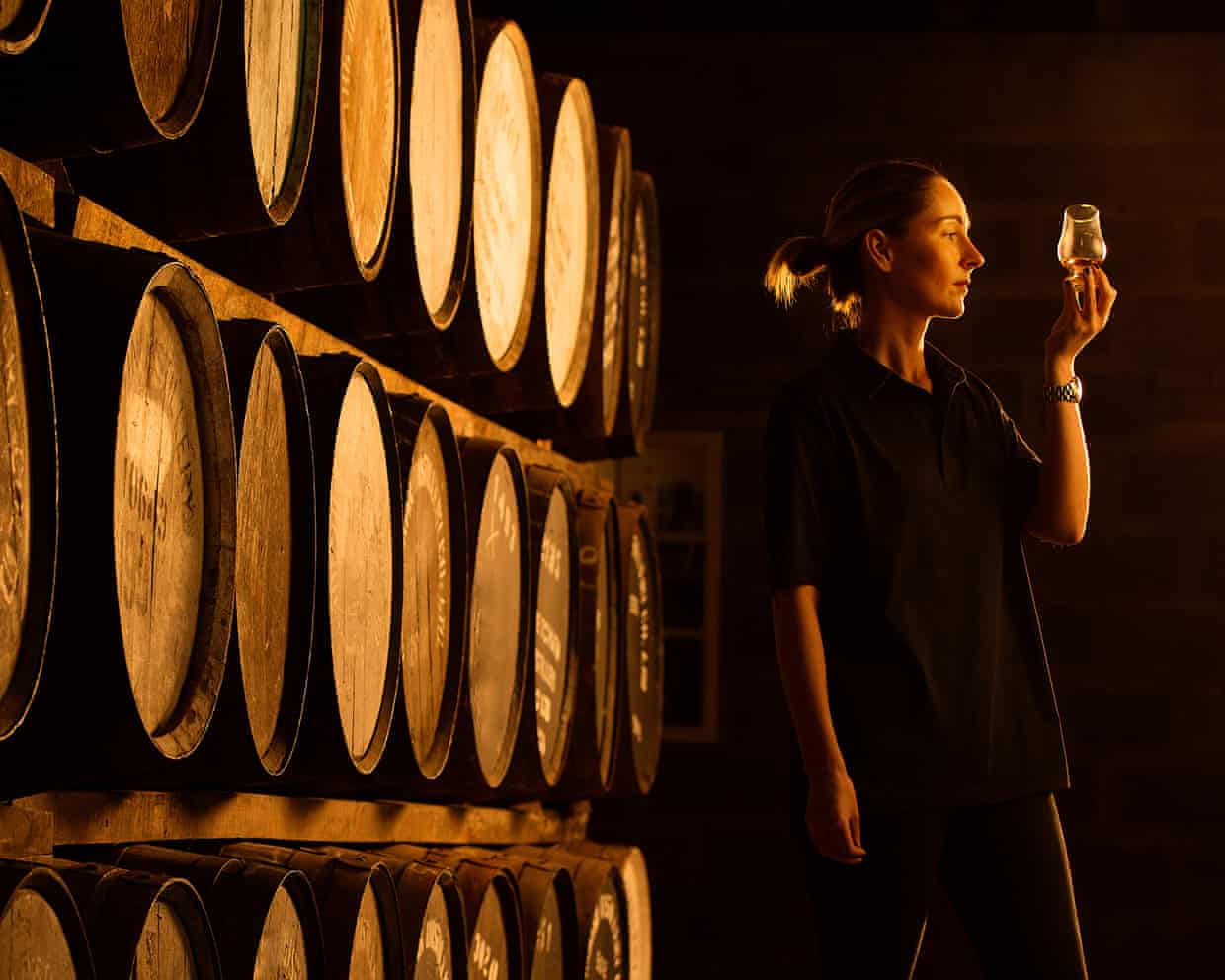‘You can’t spend your whole life trying to stop a McDonald’s’: how the fast-food chain keeps opening new Australian stores

When a McDonald’s representative appeared before a local council in Melbourne on Monday night to defend its plan for a new 24-hour store in the area, he tried to reassure locals the proposal was “modest and efficient”.Despite that, Darebin city council listened to impassioned submissions – including a petition of more than 11,000 signatures – and voted 6-3 to reject the plan to open an outlet on trendy High Street in the inner-north suburb of Northcote.What comes next? As some Darebin councillors noted before voting, the rejection of the McDonald’s sets the council up for a potential costly legal confrontation should the company appeal against the decision in the Victorian civil and administrative tribunal (Vcat).McDonald’s has confirmed it intends “to pursue all available avenues to progress this site”.McDonald’s – which has more Australian restaurants than any other fast-food company apart from Subway – has been foiled before, tried again and, in many cases, succeeded.
Experts say the company has a range of strategies that it can deploy when opening a new store in the face of community opposition.How does it do it?Dr Liz Taylor, a senior lecturer in urban planning and design at Monash University who has researched fast-food planning conflicts, says McDonald’s is often prepared to play the long game.“They’re very organised, very strategic and very well-resourced,” she says.“They always have very high-paid lawyers working for them and they’re prepared to wait years.”The decision in Darebin comes after the City of Sydney’s planning tribunal voted this year to block McDonald’s from opening two new 24-hour stores, in Newtown and Redfern.
The company has confirmed it is “continuing to explore our options for a new store in Redfern”.“You can’t spend your whole life trying to stop a McDonald’s,” Taylor says.“So they probably rely on the fact that community groups can only spend so much time objecting to something and they burn out after a couple of years.”Generally speaking, Taylor says McDonald’s may be willing to compromise enough to get a store over the line, such as by making amendments to improve potential traffic problems, but in most cases “they’re not going to back away from an expansion”.A McDonald’s spokesperson said the Northcote site is appropriately zoned for commercial use and its application meets all planning requirements.
“We value community feedback and are committed to being a good neighbour and playing an active role in the local community,” the spokesperson said.Taylor says McDonald’s played a part in “moulding” planning rules to suit the fast-food industry, at least in Victoria, where the company lobbied the Kennett government in the 1990s to make favourable amendments to the metropolitan planning schemes.“In 1994, the definition that came in across the state for ‘what is a restaurant’ was specifically worded to include takeaway restaurants and so on,” Taylor says.“The amendments were prepared specifically at the request of McDonald’s Australia Limited.”Sign up: AU Breaking News emailTaylor says McDonald’s has designed and uses the planning system to its advantage.
“They’ve either directly adapted the planning codes or they know how to use them to be not treated differently and not get permit triggers and things like that,” she says.“When it suits them, they are just like any other restaurant.”For example, in Marrickville the local council says McDonald’s has paid a private certifier for a complying development certificate to turn a former Westpac branch into a new restaurant in a building it leases.The company has used a clause in the state’s planning laws intended to cut red tape that allows a “straightforward development” to be privately certified instead of relying on a development application, allowing it to bypass the local council and potential community opposition.The council anticipates McDonald’s will apply for a development application to extend trading to 24 hours a day once the store is up and running.
Since its arrival in Australia in 1971, McDonald’s has had a long history of fighting for its new stores in front of planning tribunals,Sign up to Breaking News AustraliaGet the most important news as it breaksafter newsletter promotionIn one famous example, it overcame a spirited community campaign in Tecoma on Melbourne’s outskirts in 2012,Vcat ruled in favour of the new McDonald’s store despite outrage from locals, prompting some of them to stage a two-week sit-in protest at the site,But, as the ABC reported at the time, that wasn’t enough to “stop the bulldozers from moving in”,Garry Muratore, one of the Tecoma activists who fought the outlet and was part of a group who took a petition against the store to the company’s headquarters in Chicago, accuses McDonald’s of acting as though “they just feel like they’re above the law”.
Muratore says he’s shared Tecoma’s story with more than 60 organisations and advised people in similar situations from all around Australia and as far away as Italy.“Basically give them our template.We do say, ‘The caveat is, hey, we didn’t win, but we certainly hurt them,’” he says.“At the time Vcat didn’t consider public opinion but now they have to consider it.”While McDonald’s often develops sites owned by other people or entities, the company also owns a lot of its own real estate.
McDonald’s Australia Limited has spent more than $36m on property in the past five years in New South Wales alone, property records show, including blocks that already have McDonald’s stores on them.In July the company bought a block of land in Dubbo that is home to one of its restaurants for nearly $4.5m.In 2024 it bought one of its own restaurants in Wollongong for about $14m.The year before that it paid more than $5m to acquire the only McDonald’s in Broken Hill.
Prof David Nichols, an expert in urban planning history at the University of Melbourne, says the company may be moving away from the traditional franchise model in Australia.In the US the company already has a reputation of leasing buildings it owns to its restaurant franchisees, for a profit.A McDonald’s spokesperson said it has always been a franchise business and approximately 85% of its stores are owned and operated by more than 200 franchisees.“While our preference is to own the land where our restaurants are built, we have a mix of leased and owned sites that are run by local franchisees,” the spokesperson said.“We take great pride in partnering with our franchisees to serve our customers and communities, and there are no plans to change this successful model.
”Nichols says the size of McDonald’s works in its favour.“They’re bigger than anyone else,” Nichols says.“Sure, they can retreat occasionally, strategically, but maybe they can just keep their powder dry, as they say, and come back later.” He says the McDonald’s “modus operandi” seems to be taking a “domino approach” where it wants to create as wide a network as possible, with fewer gaps between outlets, which in turn makes it easier for it to open new stores.Personally, Nichols says he sympathises with people who think: “We don’t need this American crap in our community, perhaps even in our nation.
But what are you going to do? It’s here,And a lot of people really like it,”

Children being ‘sedated’ by algorithmic YouTube content, MPs hear
Lots of children’s programming made for YouTube is “not entertainment, it’s sedation”, the UK children’s laureate has warned.Frank Cottrell-Boyce said “frictionless” programming in which children are “bombarded with information”, such as CoCoMelon, a YouTube Kids channel with 180 million subscribers, failed to offer the “stimulation and nourishment” that previous generations had enjoyed.Speaking to MPs in the opening evidence session of the culture, media and sport committee’s inquiry into children’s TV and video content, Cottrell-Boyce said research showed that for young children, “repetition is good because you’re building familiarity, and slowness is good because you’re making life navigable”.“I feel very privileged to have grown up in an era when lots of children’s television had those qualities,” he said.The fragmented media landscape meant that children today missed out on the sense of “national unity and national identity” that came with watching the same shows, he said

David Lammy says 91 prisoners freed in error in England and Wales since April
The justice secretary has revealed that 91 prisoners have been released by mistake in England and Wales since April, of whom as many four remain at large.David Lammy gave details in a Commons statement of three mistakenly released prisoners the police are trying to trace. He said the Prison Service was also investigating a fourth inmate released in error last Monday who may still be at large.The shadow justice secretary, Robert Jenrick, mocked Lammy for not knowing how many remain at large. “The justice secretary is so clueless, he’s literally lost track of how many prisoners he’s lost,” he told MPs

NHS trust fined £565,000 after woman killed herself on ‘death trap’ ward
A woman whose daughter killed herself on a “death trap” mental health ward in London has called for urgent change after an NHS trust was fined more than half a million pounds.Alice Figueiredo, 22, took her own life at Goodmayes hospital, Redbridge, after 18 similar attempts.Her death on 7 July 2015 followed a failure to remove plastic items from the communal toilets on Hepworth ward that had been used by her to self-harm, a court was told.On Tuesday, North East London NHS foundation trust (NELFT) was fined £565,000 plus £200,000 in costs after being found guilty of breaching health and safety.In setting the amount, Judge Richard Marks KC noted its finances were in an “absolutely parlous state” and a large fine could affect its services

UK 18- to 24-year-olds: we would like to hear your experiences of trying to find a job
Almost a million young people in the UK are not in education, employment or training (Neet).This week, the government announced the launch of an independent investigation into the issue, which Secretary of State for Work and Pensions, Pat McFadden has called a “crisis of opportunity”.He added: “We cannot afford to lose a generation of young people to a life on benefits, with no work prospects and not enough hope.”We would like to hear from 18- to 24-year-olds in the UK about their experiences of trying to find a job. How have you found it? Did you get a job? Or are you still looking for one? What would you like to see changed to help with finding employment? Tell us

Paperwork blunder by UK bookmaker reveals possible illegal offshore operation
The Gambling Commission has demanded a UK bookmaker hand over a trove of financial documents after the company accidentally disclosed information suggesting it may be running an illegal offshore betting operation.The Guardian understands that the company, which sponsors sporting events and boasts connections to high-profile figures in sport and politics, is the subject of early inquiries that could lead to a full-blown investigation.Sources said the company, which takes billions of pounds of bets from British punters every year, inadvertently alerted the Gambling Commission to potential wrongdoing during a routine disclosure of documents required by the regulator.The company mistakenly included documents indicating it had been transacting with entities based overseas, sources said. Details were written in white text on a white background but were spotted by staff at the regulator

Crime gangs in UK making weight-loss drugs with ‘sophisticated’ fake branding
Organised crime gangs have begun manufacturing their own branded weight-loss drugs, designed to look like legitimate medicines, in what authorities warn is a significant threat.The Medicines and Healthcare products Regulatory Agency (MHRA) said the trend had only just emerged, leading them to conduct the largest single seizure of trafficked weight-loss drugs ever recorded by any global law enforcement agency.Andy Morling, the head of the MHRA’s criminal enforcement unit, said that in the last few months it had seen a new model of production, “where criminals are putting investment into designing their own packaging and branding … and selling it purporting to be a genuine product”.He added: “That is an unusual model. [What they seized] looked like genuine medicines, but are entirely unlicensed and illegal to sell in the UK

How to make the perfect beer cheese soup – recipe | Felicity Cloake's How to make the perfect …

Lilibet’s, London W1: ‘Pure joy, high drama, camp as heck’ – restaurant review | Grace Dent on restaurants

Helen Goh’s recipe for pear, chocolate and hazelnut torte | The sweet spot

More than a third of whisky drinkers are female. Time for the industry to wake up to women

Jimi Famurewa’s recipe for Marmite and leek homity pie

$1.50 mangoes: Australia’s best-value fruit and veg for November